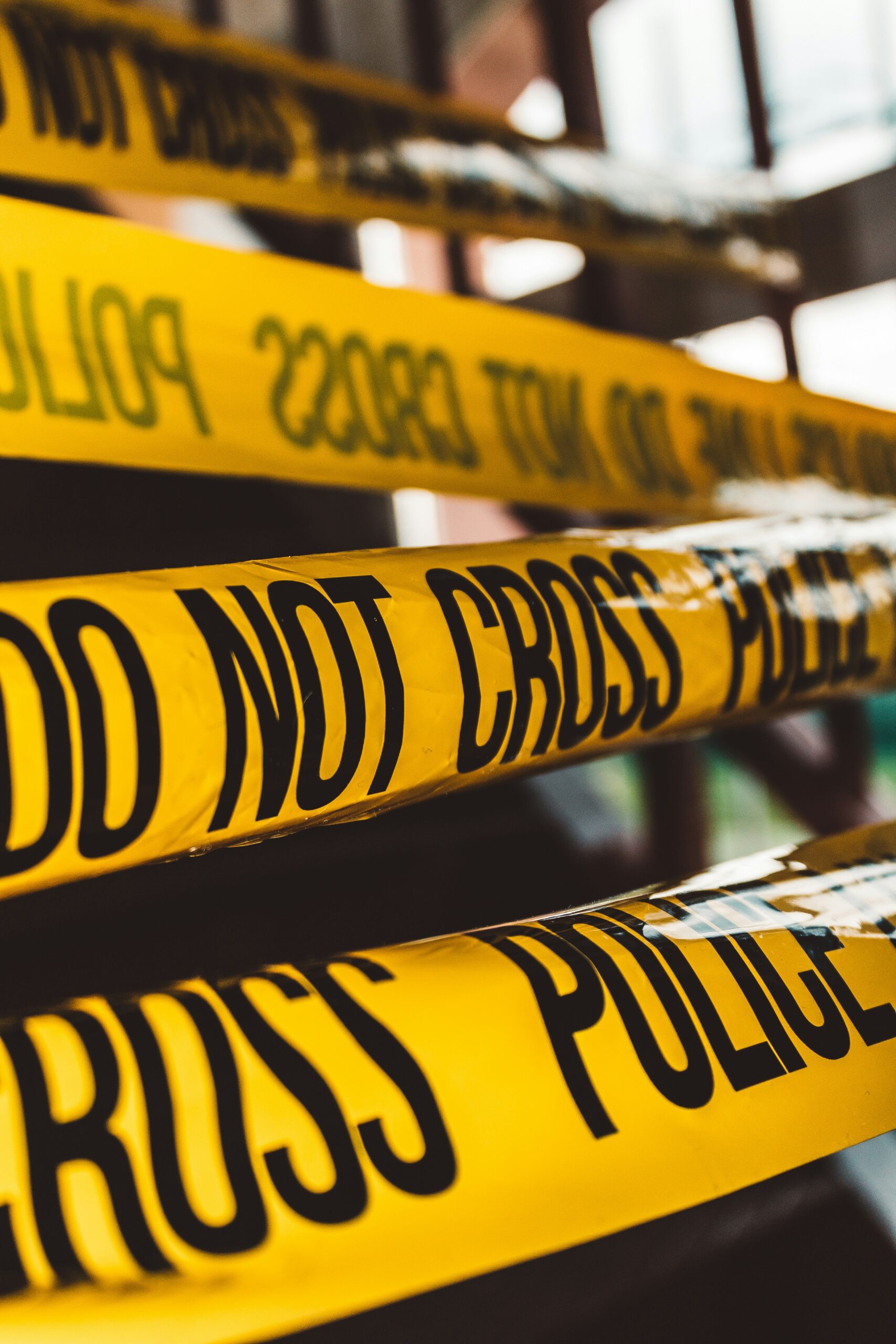What’s it really like to work as a crime scene cleaner? First off, there’s nothing typical about it. There is no regular “day in the life” of a crime scene cleaner. Every day is different because every crime scene is different.
Even the hours are unpredictable because cleaning up crime scenes can’t wait til regular 9 to 5 business hours. Because of the potential biohazards involved, crime scene clean ups are treated as emergencies; you have to be on call 24/7. Violent crimes happen at all hours of the day and night, and you have to be prepared to be called out at any hour.
What’s it Like Walking Onto a Crime Scene?
Though it’s not always all blood spatters and bits of tissue, sometimes walking into a crime scene can be like walking onto the set of a horror movie but with the added element of foul odors. Even on a crime scene that is recent, there’s an unmistakable smell of death.
Even seasoned crime scene cleaners can be nauseated by the sights and smells of a crime scene. It’s just something you learn to live with.
The absolute worst, though, are cleanup jobs that involve the death of children. Those are the jobs that stick with you; that’s the kind of thing that gives crime scene cleaners PTSD. And yes, that is a hazard of the job.
What Does Crime Scene Cleaning Involve?
Crime scene cleaners have to make a site safe for people to return to. This means they do more than just scrub away visible stains. They have to make sure no trace of any biohazards is missed. Aside from the sheer unpleasantness, this is the main reason the average Joe should never try to clean up a crime scene.
Clean up crews treat every scene like it’s crawling with deadly pathogens. They wear PPE and use industrial and hospital grade cleaners and disinfectants.
The average crime scene takes hours to remediate. Really, really bad crime scenes can take days and require significant demolition. You can’t be too cautious with biohazards. If blood or bodily fluids have pooled and soaked into carpets or flooring or penetrated drywall, there’s no choice but to rip them out; they have to go; there’s no cleaning them and no taking chances.
It’s hard to overstate how thorough crime scene cleaners have to be. In cases of high velocity gunfire, for instance, blood and tissue can be splattered more than five yards, meaning that in most rooms there could be biohazardous material anywhere: on the clothes in an open closet, on picture frames and curtain rods and lamps, and on furniture and bedding. Cleaners even need to look behind furniture for contaminants.
What cannot be salvaged must be disposed of, but it can’t just be crammed in a Herby Curby and rolled to the sidewalk on garbage day. Crime cleaning teams are licensed to handle and transport biohazards – another reason for the average Joe to leave crime scene cleaning to professionals. It’s also the reason that crime scene cleaners need to be physically fit!
Nobody Does Crime Scene Cleaning for Fun
Not everyone is cut out to be a crime scene cleaner. It’s not a job anyone does for fun, but it’s necessary.
While people often regard crime scene cleanup with morbid fascination, professional, compassionate cleaning crews do vital work and help people in their time of need. Consider yourself fortunate if you never have to call on one.







